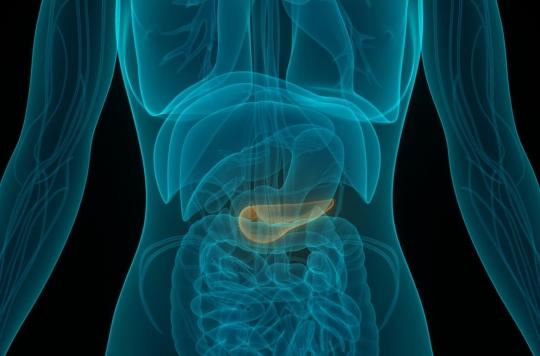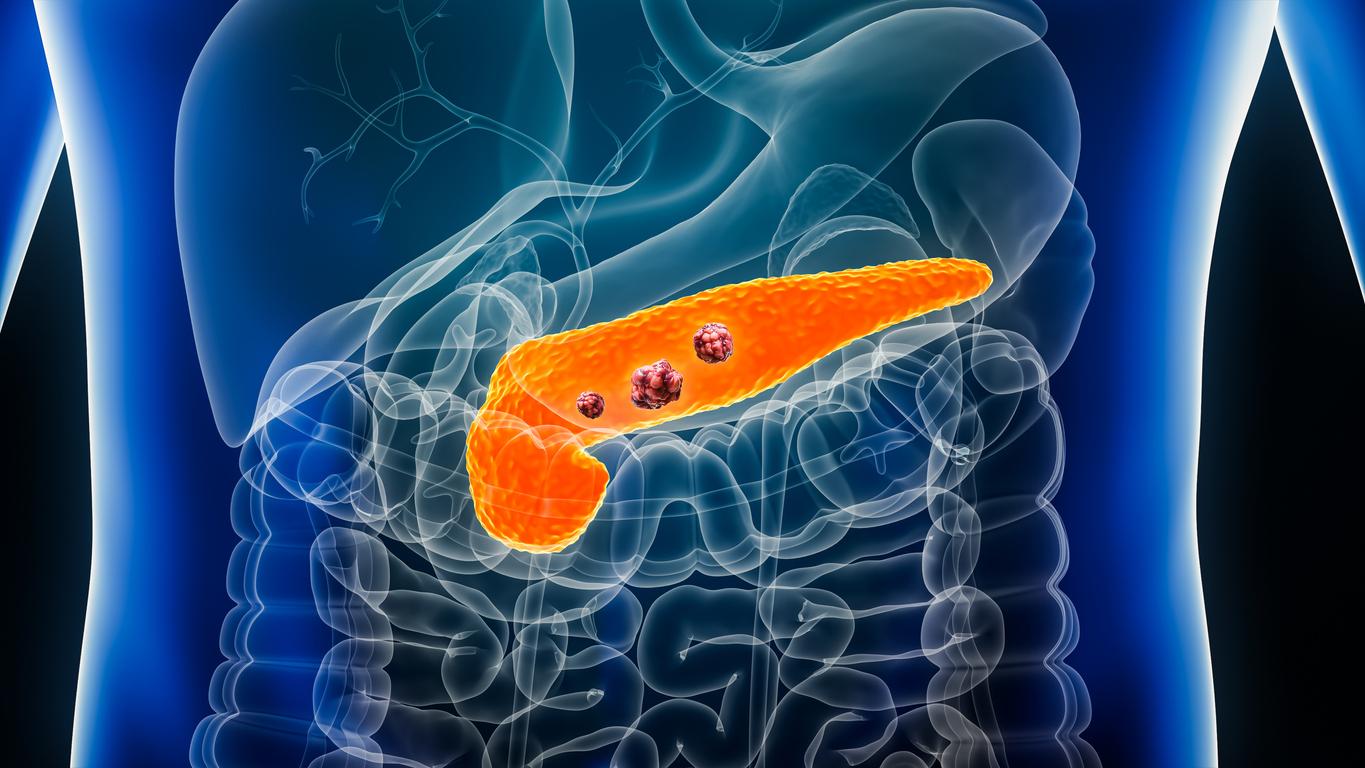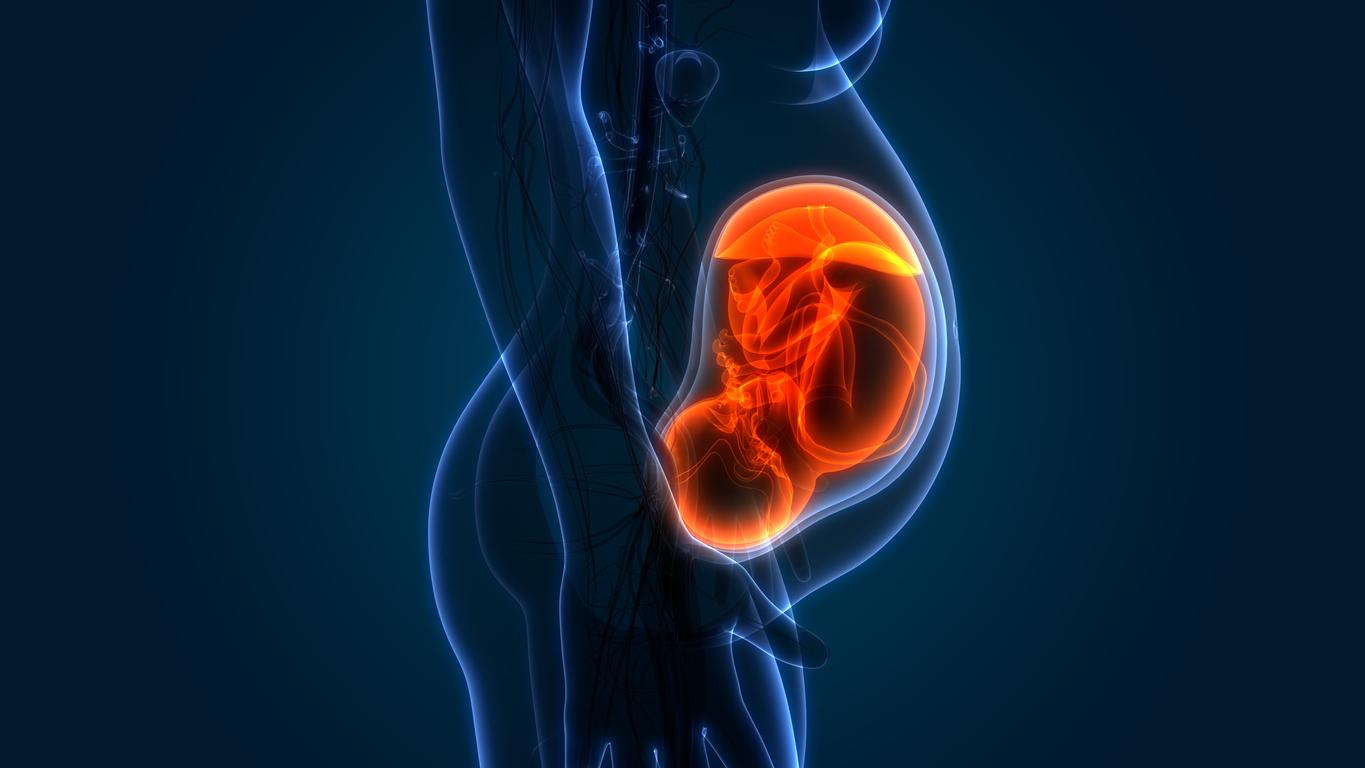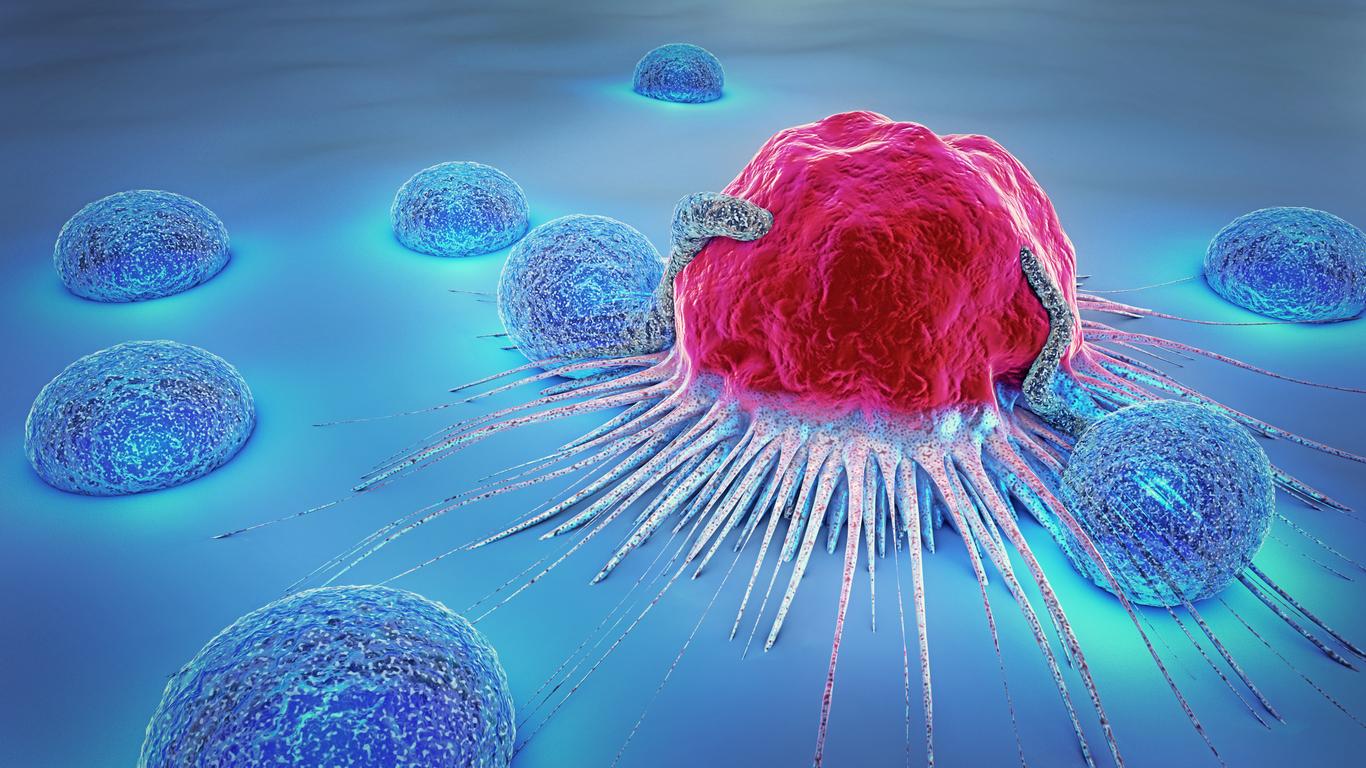By combining immunotherapy and high-intensity focused ultrasound (HIFU), researchers at the Institute of Cancer Research in London succeeded in destroying tumors and prolonging the survival of mice suffering from pancreatic cancer. Hope for patients with this very aggressive and often fatal cancer.

- Pancreatic cancer is currently the third leading cause of cancer death.
- Over the past twenty years, there has been a massive increase in the incidence of pancreatic cancer, in all regions of the world,
- Its incidence is expected to double by 2030 in the United States and Europe and thus become the second leading cause of cancer death in the world.
Rare but generally aggressive, pancreatic cancer is characterized by the most often silent development of malignant cells on the pancreas, which eventually form a tumor, disrupting the functioning of the organ and its environment. Because it causes no recognizable symptoms in the early stages of its development, pancreatic cancer is also one of the deadliest. Every year, 300,000 people die from it worldwide. According to French National Society of Gastroenterology (SNFGE), 14,184 new cases of pancreatic cancer were detected in France in 2018, 50% of which were diagnosed at the metastatic stage. It caused 5,790 deaths.
But a new therapeutic approach will revolutionize the daily lives of pancreatic cancer patients by extending their life expectancy, but also, in the future, by offering them chances of recovery.
It was researchers from the Institute of Cancer Research in London who, in a study published in the Journal of the Royal Society Interface, detail this new approach. It is a combination of two existing treatments: immunotherapy and high intensity focused ultrasound (HIFU). Used together, these two treatments can weaken the thick outer layer that surrounds cancerous tumors to make them more sensitive to immunotherapy.
Up to 40% longer life expectancy
In more detail, HIFUs produce tiny bubbles in cancer cells, which create puncture holes in the tumor barrier, allowing immunotherapy drugs to reach the tumor to destroy it from within.
The researchers tested this approach on mice with pancreatic tumors to see how the combined dual treatment performed. In tests, rodents who received this treatment lived 25% longer than those who received only one of the treatments. These same mice also lived 40% longer than those that received no treatment.
“Our study shows that mice with pancreatic cancer lived longer when treated with a combination of pulsed HIFU and antibodies to mimic the effects of immune checkpoint inhibitors, explains Gail ter Haar, professor of therapeutic ultrasound at the Institute for Cancer Research in London. This is the very first study to demonstrate the anticancer effect of these two treatments, HIFU combined with immunotherapy, in pancreatic cancer.”
Hope for a cure for pancreatic cancer
According to the researcher, this study paves the way for clinical trials aimed at treating patients with pancreatic cancer using HIFU “We will develop HIFU administration platforms to achieve this”she says.
“High-intensity focused ultrasound has shown potential in a range of cancer types and is of particular interest in pancreatic cancer – as tumors can be difficult to access for surgery, and the sound waves can physically weaken the tumors and could allow other treatments, including immunotherapies, to have a greater effect, adds Dr. Petros Mouratidis, Senior Scientific Officer in Therapeutic Ultrasound and co-author. We hope that our study will lead to a new type of treatment for patients with pancreatic cancer.”

.
















